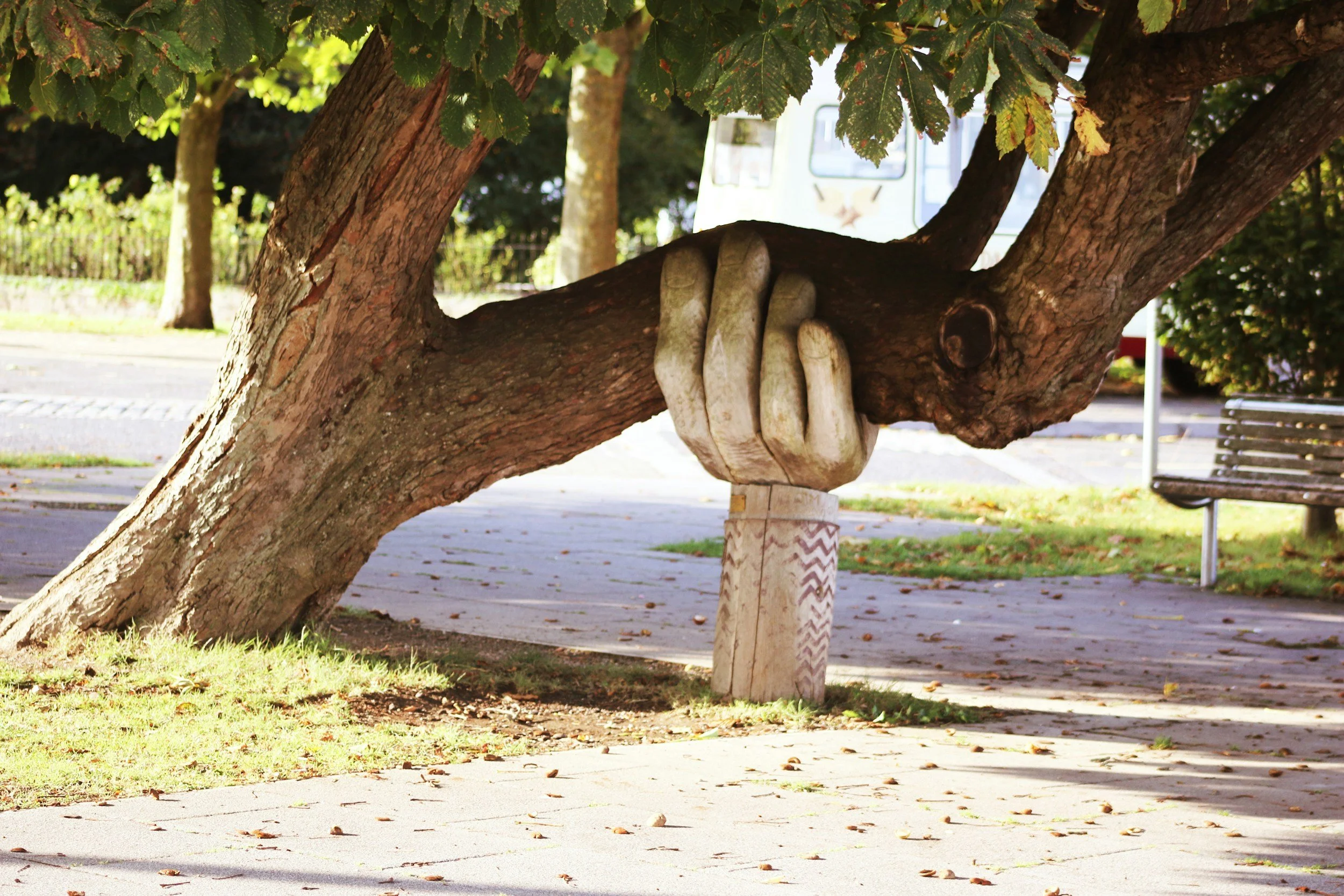Support Comes in All Flavors
We’ve been doing our blog now for two years, and we so appreciate all of you who read it.
When you live with a progressive illness like inclusion body myositis, people often ask, “What kind of support do you need?” But the truth is—support doesn’t come in just one size, one voice, or one gesture. It shows up in many forms, and not always from where you expect.
I’m lucky to have a solid medical team behind me, one that takes a thoughtful, multi-pronged approach to treatment. Having professionals who understand the complexity of this disease and treat me as a whole person is an incredible comfort.
But the kind of support that truly keeps me going often comes from more personal corners of my life.
There’s my family, who sees me on the hard days. They don’t try to fix everything. They let me cry when it all becomes too much. And they try—really try—not to treat me like I’m somehow less than I was before, even on the days when I feel like I am.
There’s the support group I found through The Myositis Association—a group of people who walk the same road I do, just at different speeds and stages. They understand things that are difficult to explain to others. Their experiences make me feel less alone, and sometimes, more hopeful.
Even in the little things, support shows up. The staff at my therapy appointments, be it HBOT or physical therapy, are always kind and uplifting. They don’t blink when I need to make adjustments. They just help.
And then there’s my best friend, who is a lifeline. She checks in, makes sure we carve out time for laughter and connection, and, best of all, lets me forget about my illness for a little while. She gives me the freedom just to be me, not just a patient.
Many friends and family try to understand myositis, and bless them, because even I don’t fully understand it. What means the most to me is when people don’t demand explanations. They see I’m navigating new obstacles and say, “I’m here. What can I do?” They forgive me when I snap on bad days and still treat me the same on better ones.
But the truth? Accepting support is hard.
Many of us have been fiercely independent our whole lives. We wave off offers of help. We don’t want to be a burden. But over time, if we’re not careful, people stop offering, not because they don’t care, but because we’ve unintentionally taught them not to.
I didn’t ask for a wheelchair at the airport until I had a serious fall. Even then, I hesitated. I worried people would stare and silently judge: “She looks fine, why is she in a wheelchair?” But after persistent nudging from my family, I realized that strangers don’t get a vote in how I protect myself. Their opinions don’t matter. My safety does.
Since then, I’ve learned to accept help in new ways.
My daughters keep a quiet eye out for signs of cabin fever. They offer rides to the grocery store or the doctor. My neighbor slowed his morning walk to match my pace without making a fuss. On days when I can’t keep up, he never asks why; he walks beside me. When I fell twice during our walk, he responded instantly and called my husband. No panic. Just care.
Now, I’m in balance training, learning how to get up safely if I fall and I’m not severely injured. That gives me a sense of control again—a step toward reclaiming some confidence in my body. But emotionally, what weighs on me most is the fear of being forgotten.
I worry that friends might stop inviting me places because I need a ride or might slow things down. If you’ve ever felt that way, too, here’s what I hope for both of us: that people keep inviting us. Let us decide if we can make it work. We may need to find a ride, adjust a plan, or ask for flexibility—but please, don’t leave us off the list.
To anyone reading who feels alone in this journey: you don’t have to be. Join a support group, even if it’s virtual. Find one person in your area through a Facebook group or The Myositis Association who understands. You don’t need a crowd—just one person who gets it can change everything.
And to those who are supporting someone with a chronic illness: thank you. It’s not always easy to know what to do. Just being present, listening without fixing, and offering small acts of kindness matter more than you know.
I’m beyond grateful for my husband—my everyday hero—who’s driven me to countless appointments this year without complaint. I know I’m fortunate. But if your path looks different, please know that support is out there. It may take various forms, but it’s real.
How do you include friends with new limitations—and let them decide whether or not to say yes? I’d love to hear your thoughts. Let’s keep each other on the guest list.
“All we have to decide is what to do with the time that is given us.”
This blog post is based on personal experiences and is not meant to provide medical advice.
Always consult your healthcare professional for personalized guidance on your health journey.
We have an “affiliate” bookshop store HERE where you can find books Linda has read or that look helpful for folks dealing with chronic diseases of various kinds. We get a small financial reward if you purchase
a book through the shop. It also helps support independent booksellers. Thanks!






